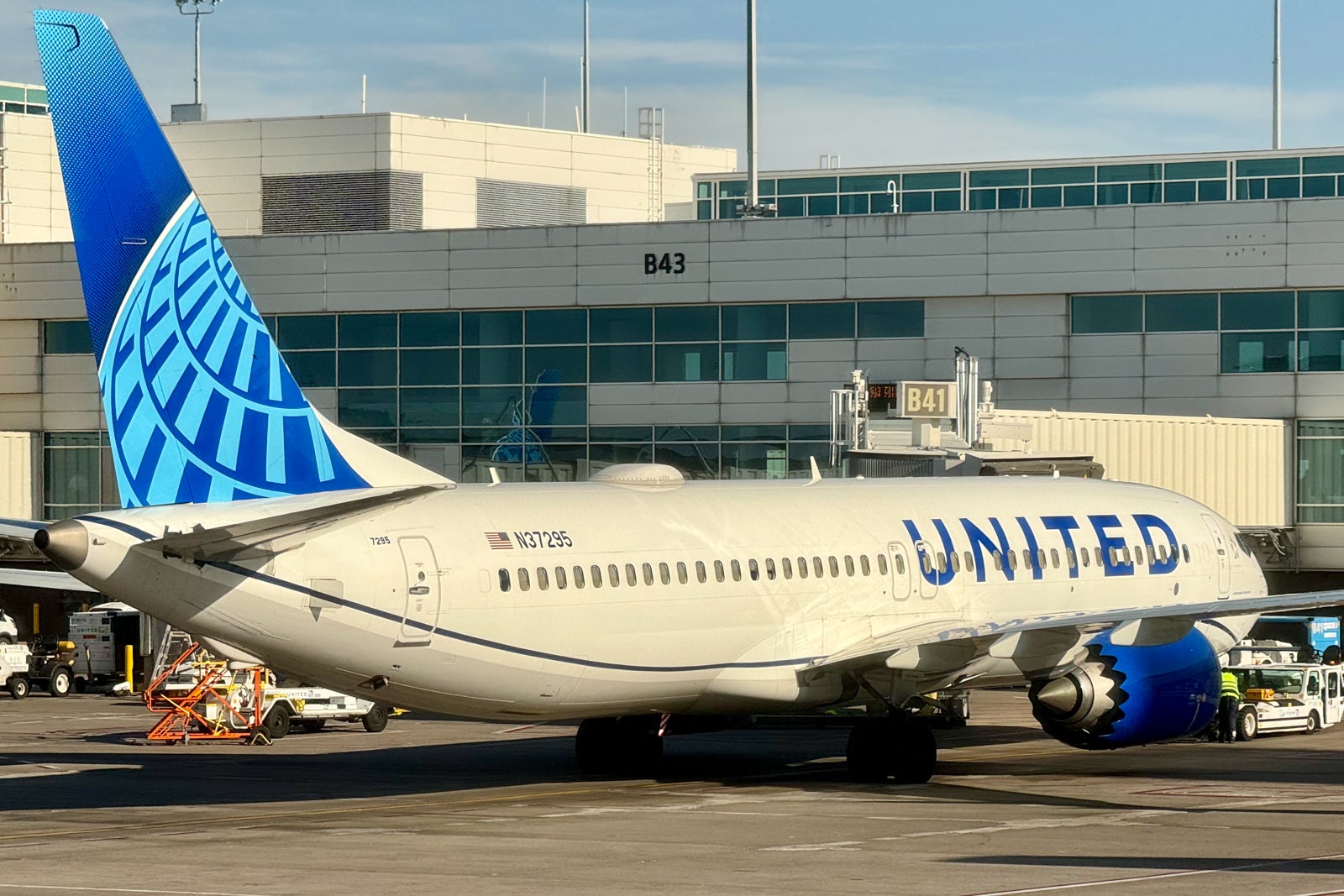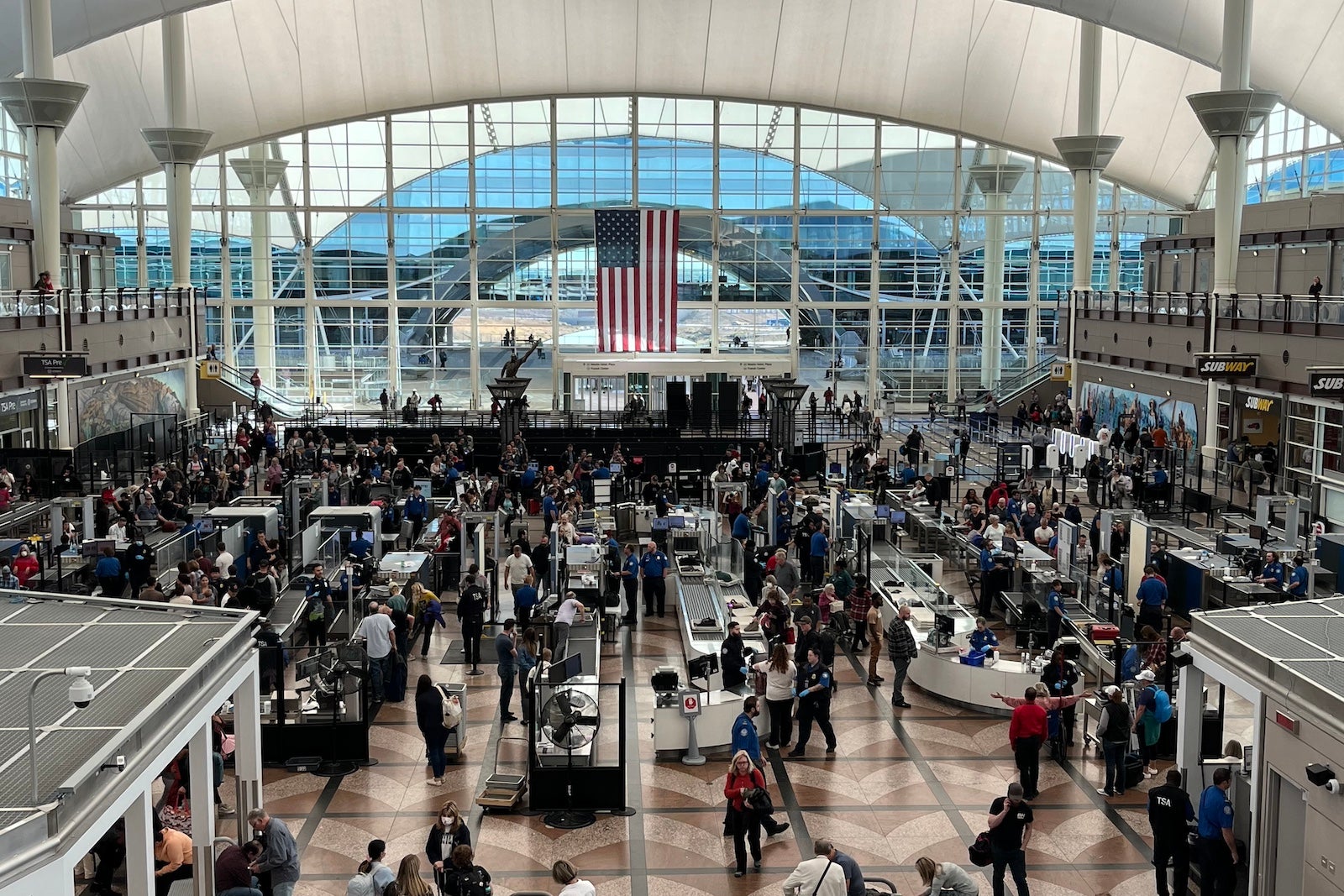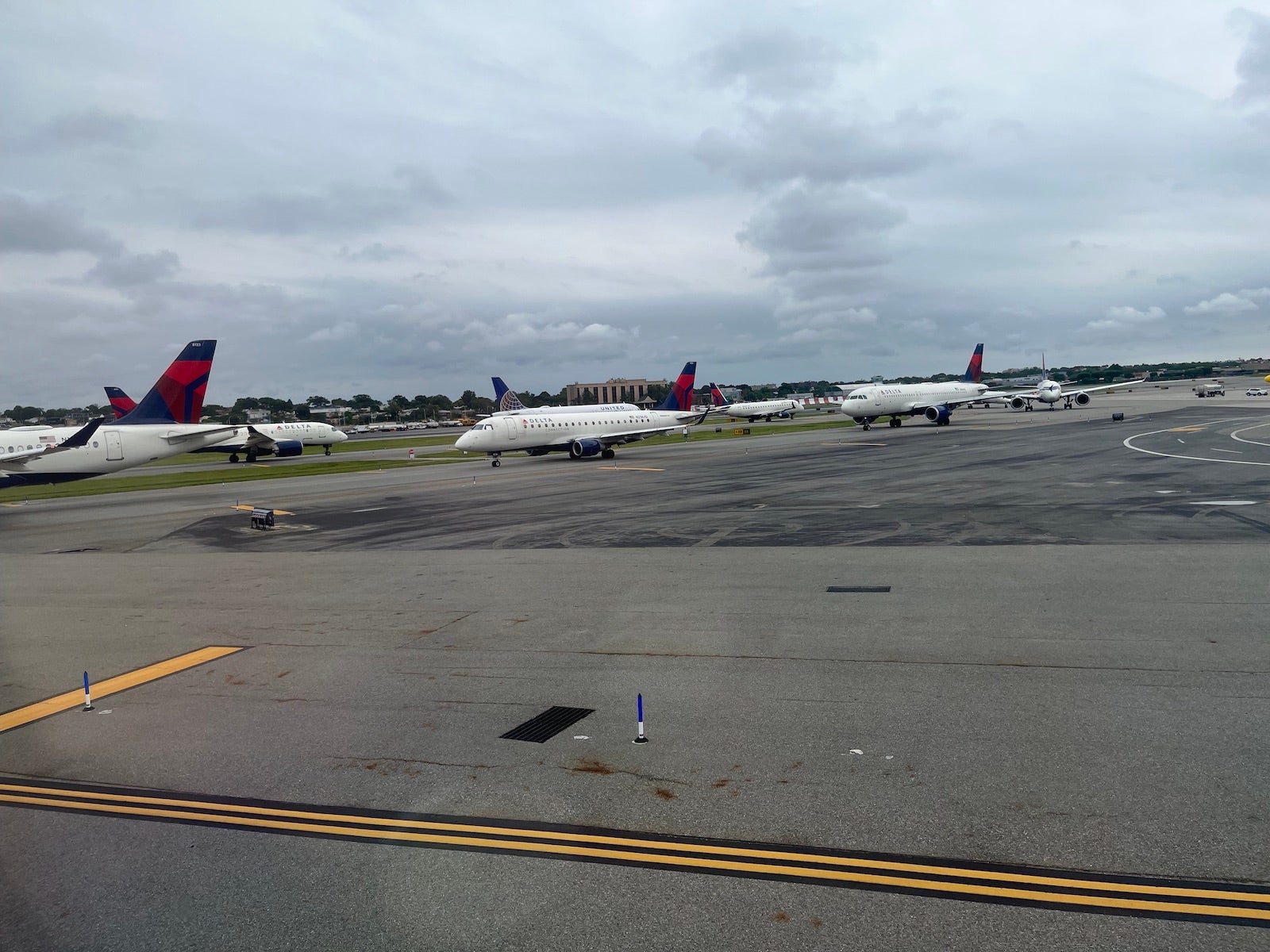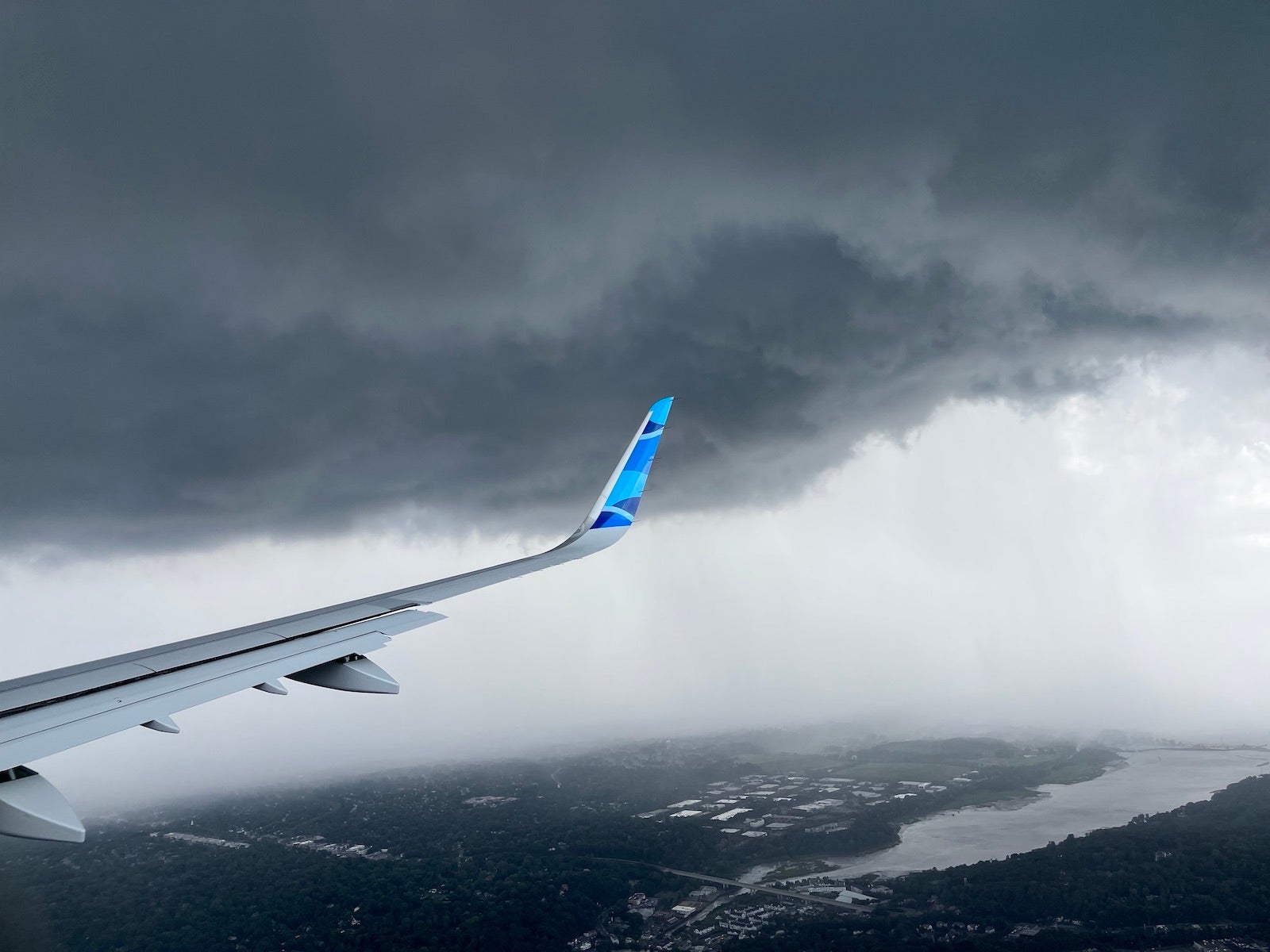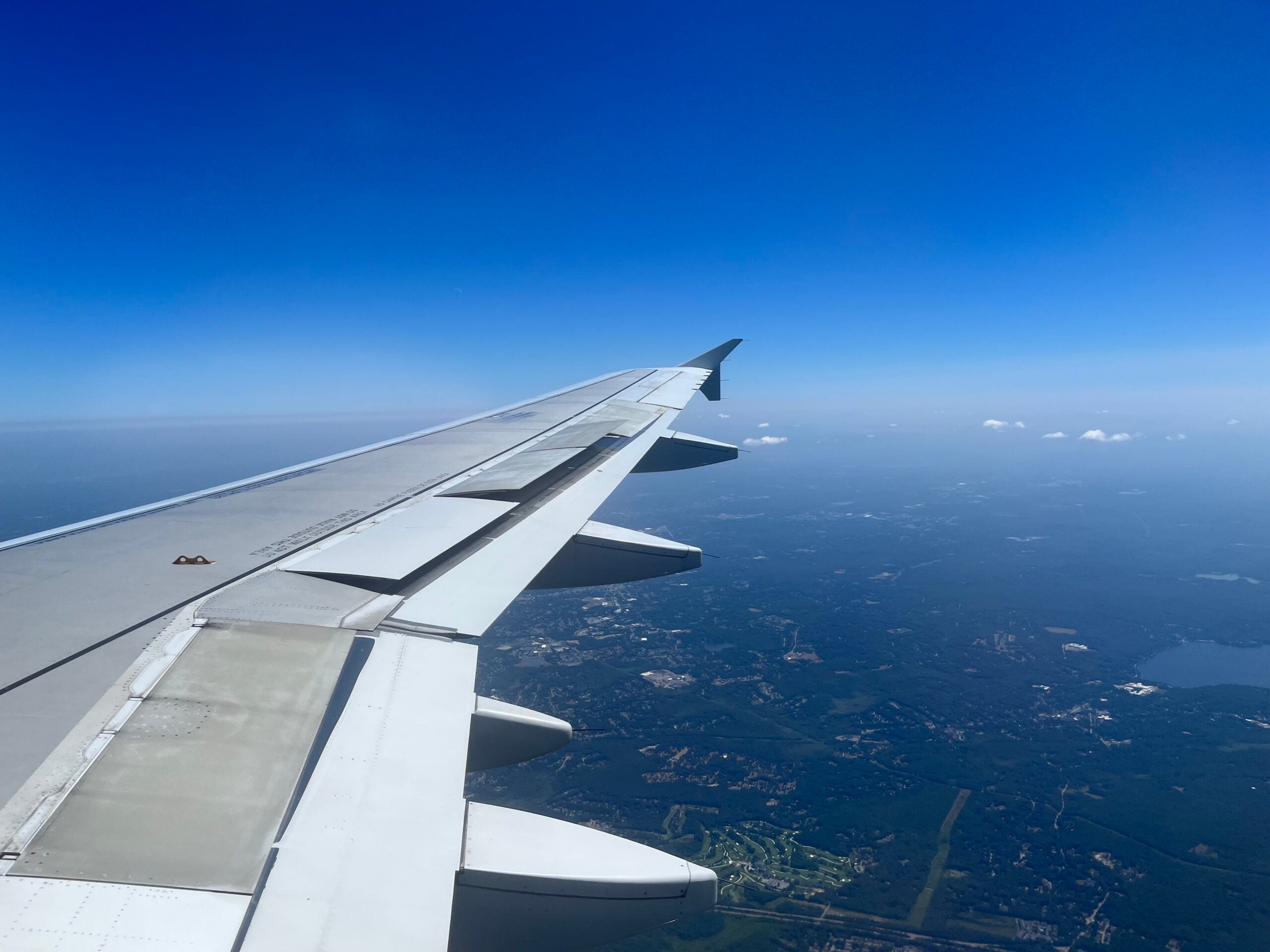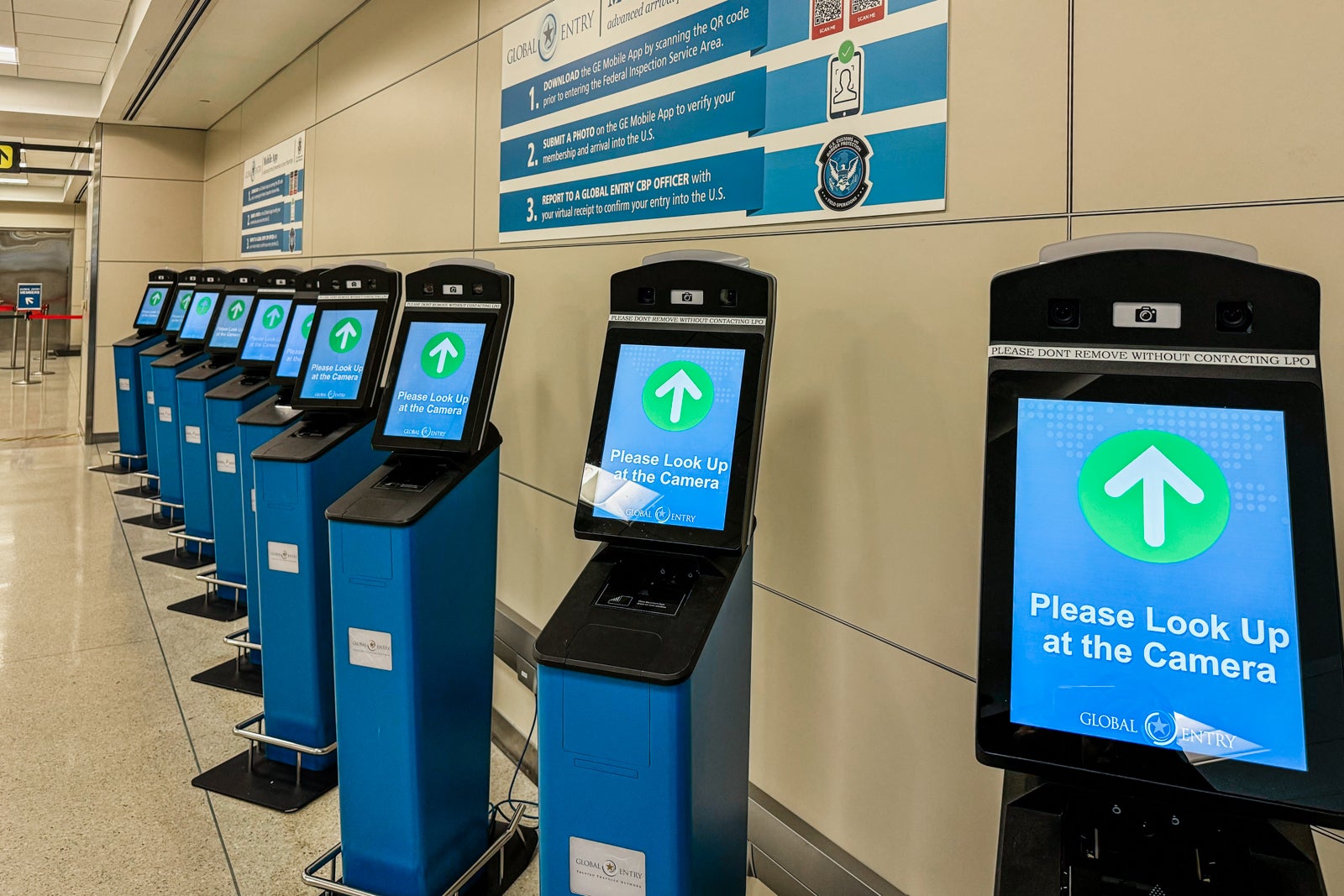Travel
Air travel could be even busier this summer, but with lower fares – The Points Guy
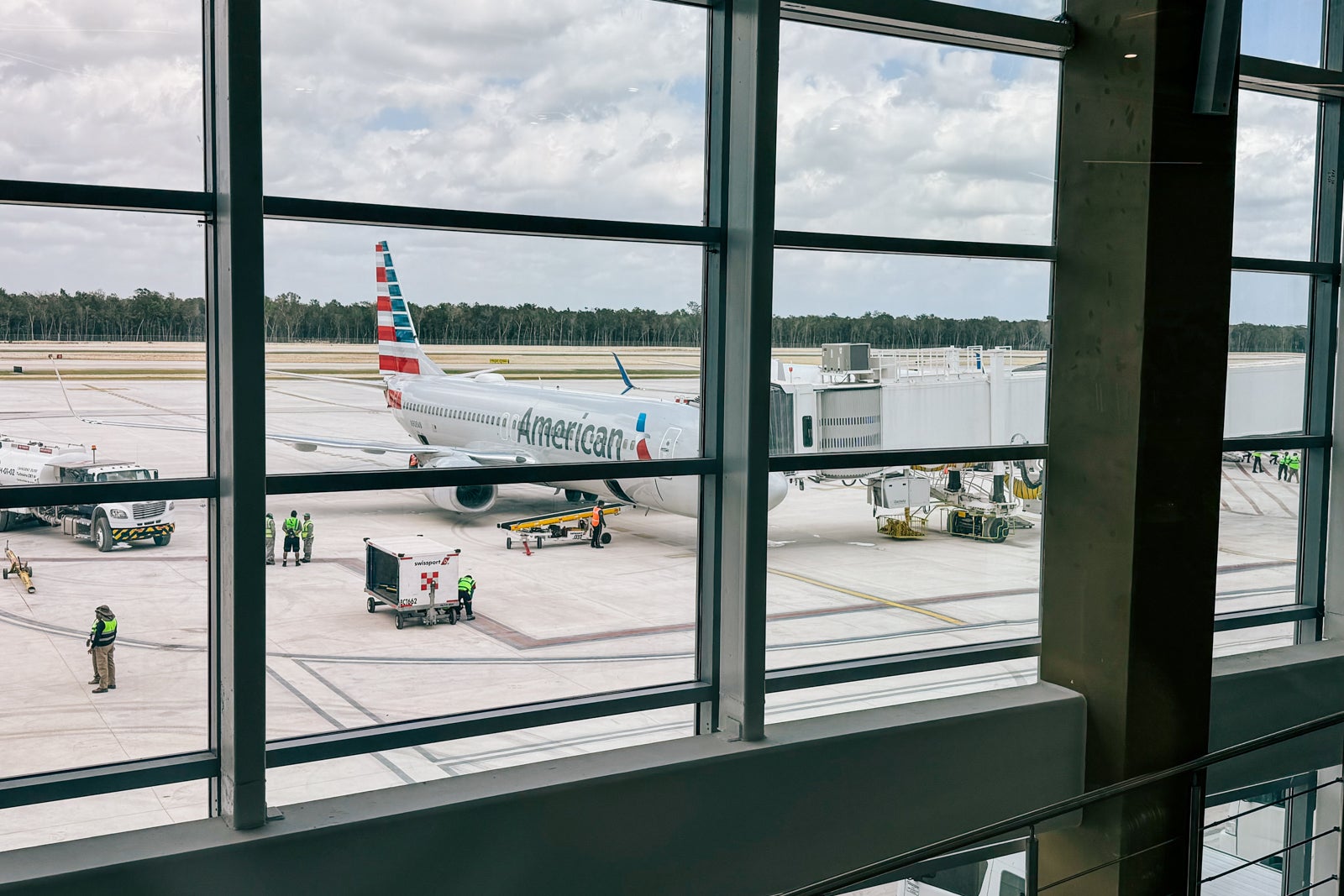
If the summer travel seasons of 2022 and 2023 left you thinking airports couldn’t possibly get any busier, think again.
There are just over two weeks until Memorial Day weekend marks the unofficial start of the season — and the start of the traditional summer travel rush.
From airlines to the Transportation Security Administration, all signs point to another record-breaker — though bits of good news are sprinkled in for travelers across everything from airline operations to ticket prices.
Want more aviation news? Sign up for TPG’s free biweekly Aviation newsletter.
United Airlines this week announced it’s forecasting its busiest Memorial Day weekend on record, with more than 3 million travelers expected to fly between May 23 and May 28 — up 5% from the comparable period last year.
It seems to be a sign of what’s to come in June, July and August.
“This will be the biggest Memorial Day and summer travel season in United’s 98-year history,” United Chief Commercial Officer Andrew Nocella said in a statement this week.
It’s not just United.
Another record-setting summer expected
Despite swirling questions late last year about whether the so-called revenge travel trend following the removal of pandemic-related restrictions might continue, don’t expect the crowds to taper off at airports.

Daily Newsletter
Reward your inbox with the TPG Daily newsletter
Join over 700,000 readers for breaking news, in-depth guides and exclusive deals from TPG’s experts
American Airlines expects to serve some 72 million customers between May 17 and Sept. 3, the Fort Worth-based carrier said this week. Those travelers will be spread out across 10% more flights than last summer — helped, in part, by American reinstating regional service to some of the nation’s smaller airports that have been slow to recover from the pandemic.
Delta Air Lines CEO Ed Bastian voiced similarly bullish expectations on the company’s April earnings call: “We expect a record spring and summer travel season,” Bastian said.
High passenger demand means busy TSA checkpoints. The agency expects its own records, even after twice setting all-time single-day marks for passenger throughput in 2023 — a year that also saw seven of its 10 busiest days ever at checkpoints.
“We expect to see some days this summer that will be particularly busy, exceeding 3.1 million passengers per day,” TSA Administrator David Pekoske told congressional leaders last month. That would top the agency’s busiest day ever, which came on the Sunday after Thanksgiving in 2023.
Again this summer, intense demand for travel to Europe figures to be a major driver for demand.
Those travelers have plenty of flight options, too. Airlines will fly 8.5% more seats across the Atlantic to Europe than last year, according to data from aviation analytics firm Cirium.
Map watching: The award for ‘sexiest new route’ of the year goes to …
Closer to home, the growth is a bit more modest, with total domestic scheduled seats up 5.7% over last year. However, that domestic capacity is a bit more spread out, with numerous airlines shifting their route networks in recent months to account for a ton of competition in popular domestic cities (like Orlando and Las Vegas) and prime short-hop vacation spots in Latin America and the Caribbean.
Will air travel run smoothly this summer?
Of course, with busy airport concourses expected to translate to crowded skies, some may be wondering — or worrying — whether the air travel headaches of recent years could return if the U.S. aviation system again struggles to handle all the anticipated demand.
The good news: Flight cancellations have been trending downward for some time now.
Last summer, U.S. carriers canceled around 1.7% of flights between Memorial Day weekend and Labor Day, according to data from FlightAware.
That was far better than the 2.1% passengers witnessed in the meltdown-laden summer of 2022 (cancellations peaked that June at around 2.7% of flights, per FlightAware).
In fact, since Southwest Airlines’ holiday operational disaster in December 2022, the U.S. air travel industry has largely been free of large-scale meltdowns, save for one multiday operational snafu in late June last summer that primarily affected United flights out of its Newark Liberty International Airport (EWR) hub.
To date in 2024, U.S. airlines’ cancellation rate has hovered at around 1.4%, and the pace of delays, at around 20%, has — so far — been better than last summer, too.
Air traffic control shortage remains a factor
That’s not to say there won’t be wrinkles.
Despite bolstered hiring efforts, the Federal Aviation Administration remains short of its target number of air traffic controllers. That can help fuel ground stops and delays, particularly when afternoon thunderstorms inevitably strike — and complicate the airspace.
For the second straight year, the FAA has allowed airlines more flexibility to reduce schedules in the busy New York corridor, where controller staffing is especially short of the agency’s targets.
Airlines have praised the flexibility as a step to keep normal operations on track — particularly since the bevy of flights (and airline hubs) in the New York region can cause disruptions to cascade across the country when problems pop up there.
“I think your real wild card this summer is going to be the weather,” predicted William Rankin, a longtime airport operations director now serving as an adjunct College of Aeronautics faculty member at the Florida Institute of Technology.
“Especially in the afternoon,” Rankin added, “when there’s thunderstorm activity.”
One helpful change from summers past: In New York and beyond, airlines continue to fly more passengers with fewer — but larger — aircraft.
This June, July and August, carriers will operate about 3% fewer flights than a decade ago, in the summer of 2013, Cirium data shows. But they’ll fly with 29% more seats.
Encouraging news for pricing
Travelers may also find good news when it comes to the price you pay to fly this summer.
Following encouraging pricing trends TPG reported last month, booking app Hopper’s recent summer forecast noted domestic summer airfare is down about 6% versus this time last year. That, Hopper says, makes 2024 the first summer season with a price drop since 2020.
The drops are even steeper for flights to Europe.
What’s more? Each of the three major summer holiday periods — Memorial Day, Fourth of July and Labor Day — are seeing a year-over-year fare drop, online travel agency Kayak reported this week.
That’s not to say you should expect a bargain if you’re hoping to fly those weeks. Hopper expects the weekend before July 4 (June 28-30) will be the summer’s most expensive.
Hoping for a deal? You might try the first weekend in June, Aug. 15-17, or Aug. 22-24.
Flying amid a tumultuous 2024
Despite the reasons for optimism this summer, the season comes against a backdrop of concerning headlines in the aviation industry, from the midair emergency in January on an Alaska Airlines jet to maintenance snafus and a seemingly endless stream of news about plane-maker Boeing.
Yet, the International Air Transport Association reported 2023 was, by many metrics, the safest year on record for commercial aviation
Take it from 30-year FAA veteran Michael McCormick: “I wasn’t so confident I’d arrive on time, but I was confident I would arrive safely,” he said of a recent flight when we spoke in March.
Simply put, flying remains the safest form of travel.
But that’s not to say you shouldn’t plan ahead for the crowds.
As usual, TSA PreCheck and Global Entry are key tools for skipping the worst lines.
Carrying a travel credit card with trip insurance protections — and knowing your rights as a flyer — can help save your wallet when problems do crop up. So can downloading your airline’s app, which can help you rebook yourself in the event of a cancellation or long delay.
And as always, plan to get to the airport with plenty of time to spare. That’s especially true if you’re traveling May 23: That day, United says, will be the busiest of the Memorial Day weekend rush.
Related reading:

